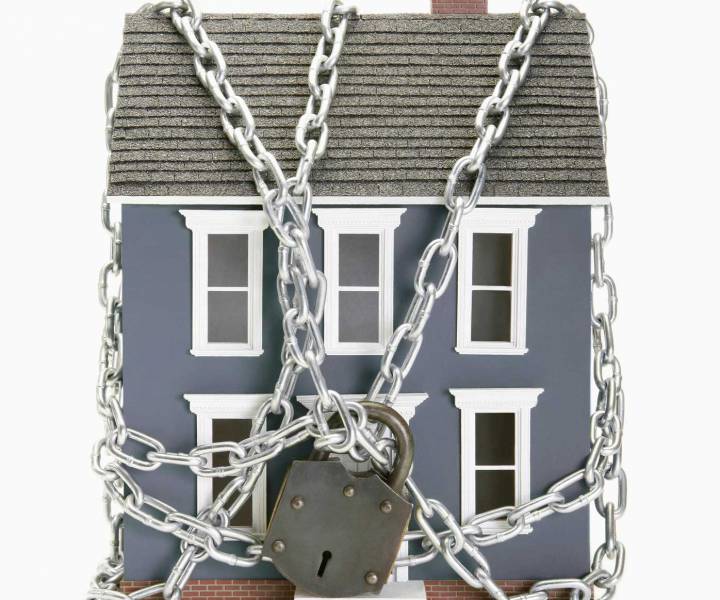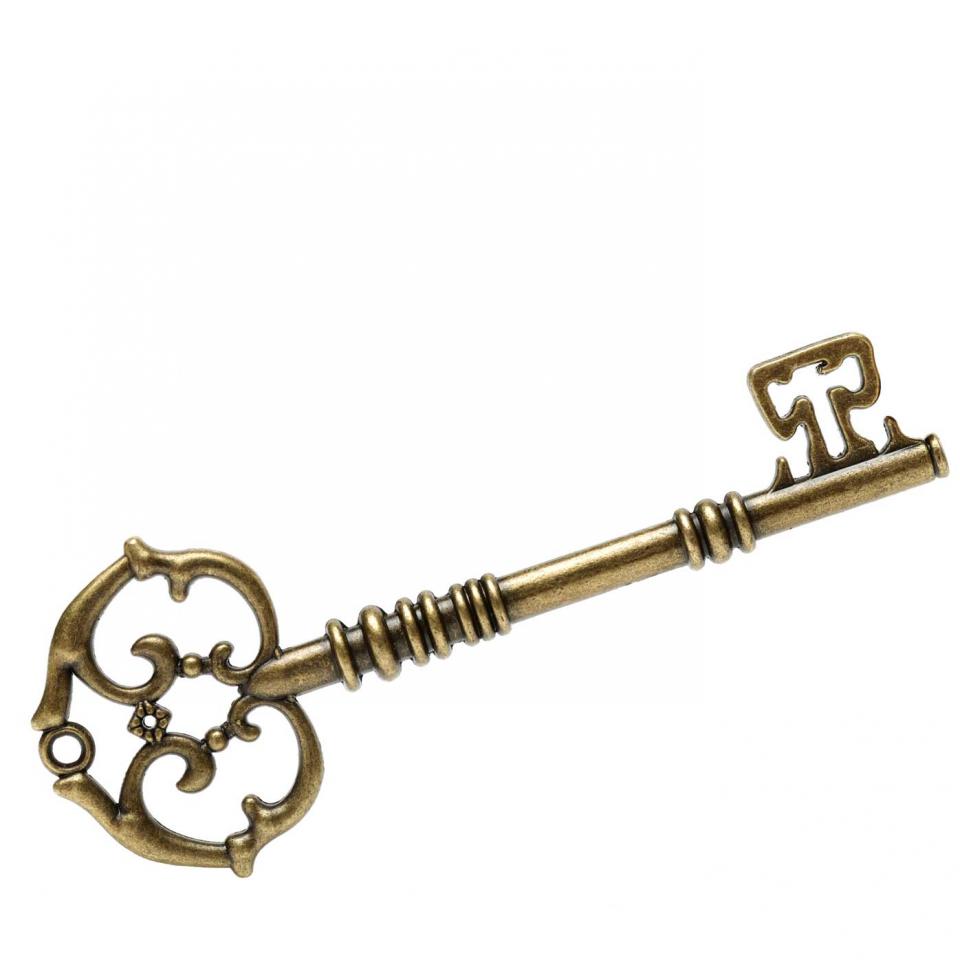Homes
How safe is your house?

Passport - check. Tickets - check. Home security...check? Anna White on how to burglar-proof your property while you’re away.
I still remember the day we were burgled. With one-month-old baby twins, we were distracted and disorganised in a new home – an easy target and a crime cliché. It was the first day of October half term as I packed the car with endless baby paraphernalia – two travel cots, two car seats and a double buggy – to visit my parents for the week.
Looking back, I was conspicuously announcing my trip. My husband would be home after work so, despite the fact the nights were drawing in, I forgot to leave lights on, and we didn’t have an alarm. He returned that evening and couldn’t open the front door – the latch had been flicked from the inside by burglars who had come in through the back via a small river at the bottom of the garden. Police later told us several houses on our quiet residential road were hit that day by an organised gang. They didn’t get much of real value – I was wearing my rings – and they weren’t after passports. In fact, they ended up with little more than an old PlayStation for their trouble.
However, an ingrained muddy footprint by my bed, which I can’t scrub out, still haunts me and serves as a constant reminder that a stranger stood in my room and rifled through my things. So how can you protect your home and avoid falling into the same traps I did?
Alert neighbours
Instances of burglary tend to spike at the start of autumn, as shadows lengthen around porches and garden gates, and in July, as the school term ends and the country heads off on holiday. Common-sense practices should apply here: put lights on timers, and ask nearby friends to pop in and close the curtains in the evening. Set the alarm and make neighbours aware that you’re going away. Alternatively, join the growing number of Brits who use house-sitting websites, such as housesitters.co.uk, trustedhousesitters.com and animalangels.co.uk, to find someone to look after their property and pets while they’re away. Price comparison website GoCompare says other must-follow advice includes not leaving a key under a doormat for neighbours who are watering your plants, and keeping digital equipment, such as laptops and iPads, out of sight.
Beware social media
Becky Fatemi, founder of Rokstone Properties in Marylebone, warns against oversharing sun-kissed holiday pictures on social media. ‘Make sure your privacy settings are on, and don’t “check in” on Facebook when you arrive at the airport or post how long you’re away for.’
Lock up
Warmer weather means that, even if you’re not going away, you could fall victim to opportunist thieves. Left the front door unlocked while you water flower beds out the back? A burglar could strike in seconds. An open window is another security risk.

Just moved
Philip Eddell, who runs the country house consultancy at estate agents Savills, says it’s common for people who have moved into a new home not to consider security, instead spending any spare budget to extend or decorate. ‘Try to integrate security into any build work, because having to retrofit wires and white boxes into newly decorated rooms is costly,’ he advises.
Get tech savvy
Security expert Roberto Fiorentino recommends carrying a radio panic button on your car key ring that can trigger your house alarm and alert the police. ‘While confrontations remain relatively rare, there is a rise in instances where people are accosted as they get out of their car and walk to the front door, and are then told to switch off the alarm,’ says the chief executive of security firm Croma. ‘Even when you don’t have a secluded front garden and park on the road, a thief who seems to be a passer-by could take you by surprise and quietly walk you to the front door.’ The video doorbell by Ring, from £89 is a brilliant budget buy for anyone concerned about security. Linked to your phone via an app, it shows you who’s coming to the front door – even if you’re out or away. The same company sells battery-powered LED spotlights that are sensitive to movement and send images back to your phone, tablet or PC (£199).
Know your weak spots
As well as hi-tech solutions, you should also concentrate on the simple things and run your own security analysis: check your property for weak spots, such as old locks on doors, windows and skylights; prune out-of-hand bushes and creepers that offer natural hiding spots; secure back garden gates and fix any broken fencing. Even putting up curtains quickly when you first move into a new home will help counter any burglar scoping out your house.
Five things burgalars hate:
Confrontation. A blaring radio, a TV that’s been left on and a car parked in the drive can all be effective deterrents.
A barking dog may frighten off unwanted house guests.
Heavy doors. Your home is your fortress, so make sure your front, back and side doors are up to the job.
Integrated technology. Outsmart a potential burglar with alarm and camera systems that are linked to your phone and will store evidence of a break-in. Check out the security systems from Nest.
A wall or high fence may encourage the criminal to move on.












